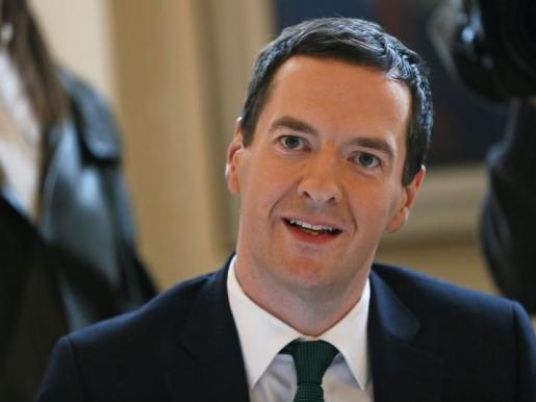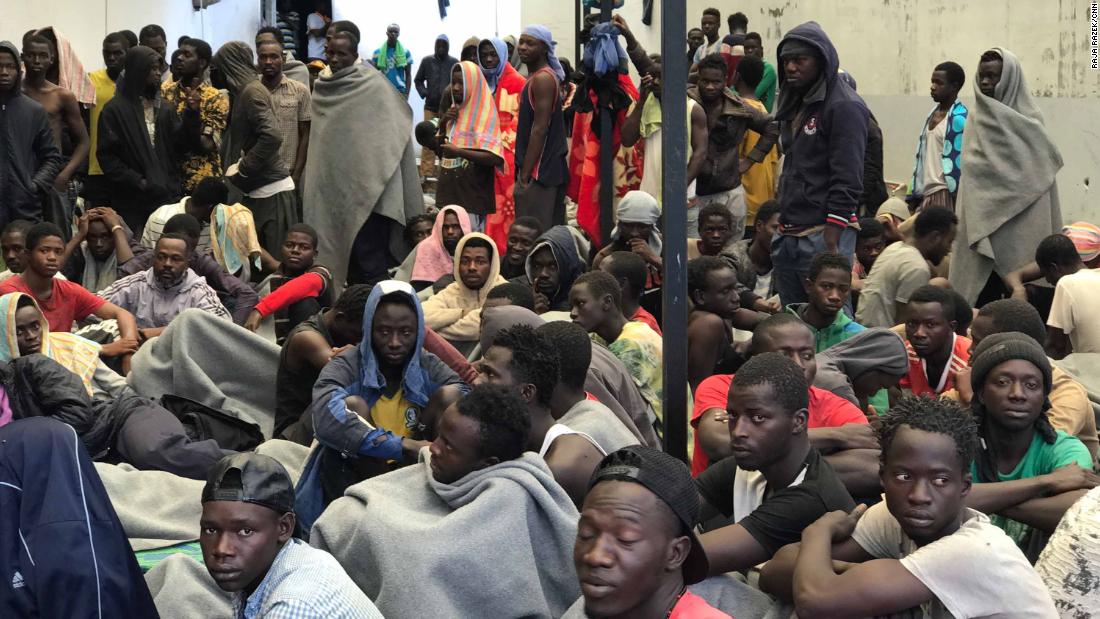
Britain and Europe must find a way to tackle the conflict in Syria to stem a migrant crisis as well as provide asylum to those genuinely fleeing persecution, Britain's finance minister said on Saturday.
"You've got to deal with the problem at source, which is this evil Assad regime and the ISIL (Islamic State) terrorists, and you need a comprehensive plan for a more stable, peaceful Syria," George Osborne told Reuters in an interview.
"A huge challenge of course, but you can't just let that crisis fester. We've got to get engaged in that."
British Prime Minister David Cameron said on Friday that the country would welcome "thousands more" Syrian refugees.
His government had come under pressure to do more to address the crisis following the publication of images of a Syrian toddler lying dead on a Turkish beach, which led to a public outpouring of emotion.
Osborne, speaking on the sidelines of a meeting of G20 finance chiefs in Turkey on Saturday, said the British government would provide more details of its plans next week.
"Yes, we must offer asylum to those who are genuinely fleeing persecution. Countries like Britain always have, we are one of the founders of the asylum system. We will take, as the prime minister said, thousands more," he said.
"But at the same time, you've got to make sure you've got aid going into the refugee camps on the borders … We've got to defeat these criminal gangs who trade in human misery and risk people's lives and kill people."
Resolving the migration crisis also means dealing with the problem of President Bashar al-Assad's "evil" administration in Syria and the Islamic State militant group, Osborne said.
Cameron has signalled he would like to ask Britain's parliament to vote to join U.S.-led air strikes on Islamic State militants in Syria, after lawmakers rejected military strikes in Syria in 2013.
However, the prime minister said on Friday he would only proceed with a fresh vote in parliament if there was a "genuine consensus" in Britain about bombing Islamic State in Syria.
Some British media interpreted the comment as a sign of concern on the part of Cameron that the opposition Labour Party would not support such a move if its leadership race is won by Jeremy Corbyn, the left-wing front-runner and an outspoken critic of Britain's role in the war in Iraq.
(Writing by Nick Tattersall in Ankara and William Schomberg in London; Editing by Jan Strupczewski and Ros Russell)




